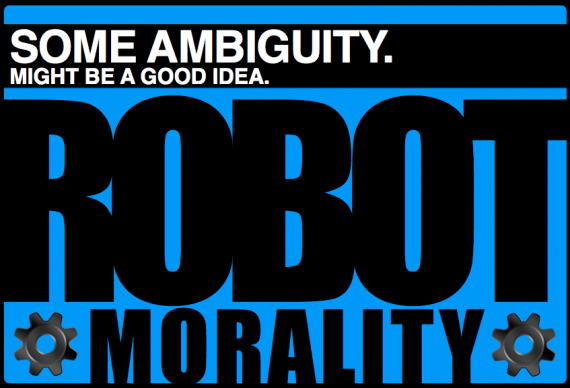Do you believe in robot rights? Well some people do, and they are quite passionate about it. In fact there is an entire organization devoted to this cause, the American Society for the Prevention of Cruelty to Robots (established in 1999), and its members believe that robots have rights equal to humans. While it may seem like a crazy idea to most people today, the issue of robot rights might become more and more pressing if we see rapid advancement in machines possessing created intelligence .
Created Intelligence, Sentience and Robotics
Webster’s dictionary defines a robot as “An automatic apparatus or device that performs functions ordinarily ascribed to human being or operates with what appears to be almost human intelligence.” Robots are initially infused with data that allow them to perform duties human can do, often in dangerous environments. But so far at least robots have not been perceived to possess sentience; that is, the state of having feeling or sensation distinguishable from perception and thought.
These are two issues to consider. Robots were created to do jobs humans don’t want to do and jobs that endanger human life. The central position of robot morality, as posed by the American Society for Prevention of Cruelty to Robots, is that robots have sentience; therefore, robots have feelings and sensations borne of created intelligence.

Autonomous Intelligent Initiative
What robots don’t have is autononous intelligent initiative. Can a robot develop decisions without human assistance? The deeper issue emanates from “created intelligence.” Assessing robot morality implies robotic feelings and sensations are similar to the feelings and sensations of human beings. The group states that “robots are people too.” So can robots be equal to humans, morally speaking? If humans infuse robots with the intelligence does this equalize humans and robots?
The central issue focuses on intelligence. Intelligence is not solely a human brain function. From years of study of apes, humans have been able to assess the levels of animal intelligence. Apes appear to possess many human-like qualities and can perform certain jobs humans (and robots) do. The difference is robots are creations of man’s intelligence. Apes are not. But humans also created the rights that ensure animals be treated without cruelty.
Lost in the issue of robot morality and equal rights is the singular factor that not all brains are human. Not all intelligence is human. Until robots perform without human command or intervention, data that creates their ability to perform inevitably originates from the human, not the robotic mind. The basis of intelligence is creativity and inspiration. Can a robot of its own initiative be inspired to create? The reality of robotic morality lies in the last three words of Webster’s definition of a robot, “almost human intelligence.” Should almost, but not quite, human sentience imply entitlement to human rights?



